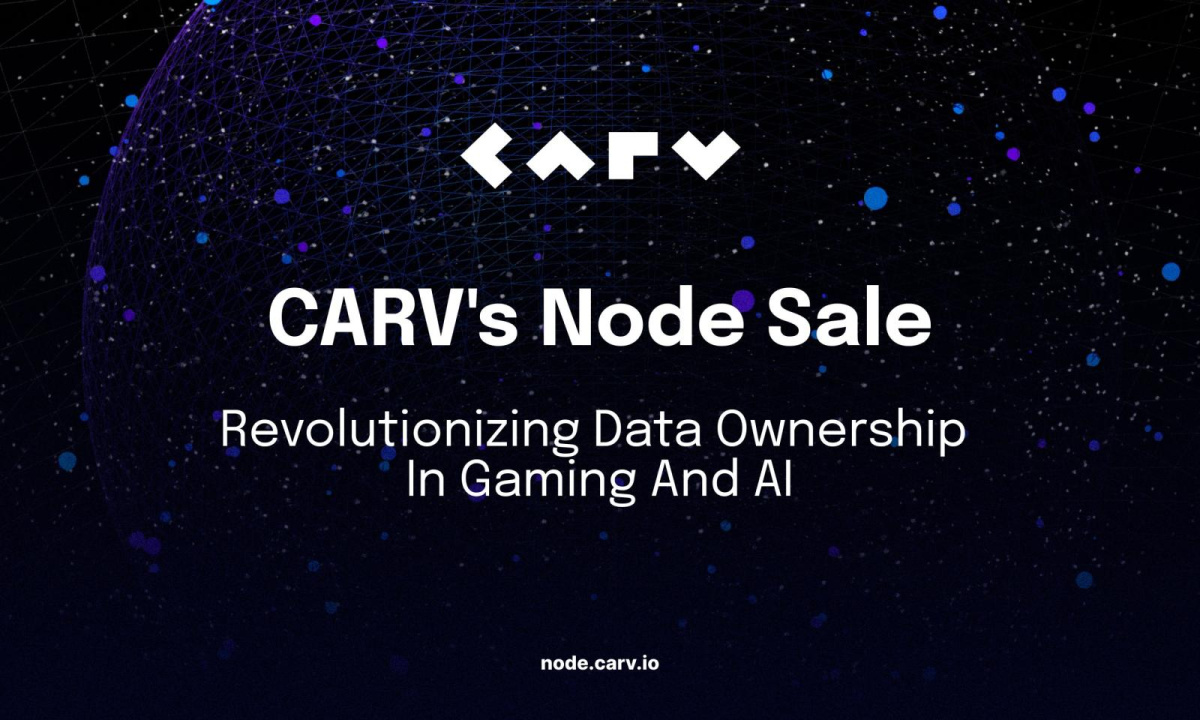Zeus Network, an initiative to improve the Solana blockchain's efficiency and interoperability, has secured nearly $8 million in backing from various sources, including venture capital firms and angel investors.
Participants in this round of funding include OKX Ventures, UTXO Management, Anagram, Animoca Venture, Portal Venture, Big Brain Venture, Comma3, Axia8, Spartan, IVC, AppWorks, Rubik, CVVC, and Blockbuilders. Stacks Co-Creator Muneeb Ali, Solana Co-Founder Anatoly Yakovenko, and Mechanism Capital Founder Andrew Kang are among the prominent angel investors who have supported the venture.
With this investment, Zeus Network will be able to continue its mission of connecting different Web3 ecosystems via the Solana Virtual Machine (SVM) and its proprietary infrastructure, the Zeus Layer.
The Solana blockchain and other prominent blockchains, like Bitcoin, Ethereum, and BNB, will be able to exchange data securely and efficiently with this technology. When blockchain technologies don't communicate with one another, it might restrict user experience and cross-chain capabilities. This is why interoperability is so important.
Beyond the monetary, this financing event is significant for other reasons as well. With 83,000 Discord users and 120,000 Twitter followers, Zeus Network has amassed a considerable following, suggesting a strong community interest in the project's goals and upcoming advances. Also, the Jupiter community's decision to launch the network's token on the Jupiter LFG Launchpad is a reflection of how well-received and promising the project is among blockchain enthusiasts generally.
One of the network's major accomplishments is the creation of APOLLO, the first decentralized application (dApp) to be released on the Zeus Network. By demonstrating the network's capacity to encourage innovation in the decentralized finance (DeFi) industry, APOLLO aims to connect Bitcoin and Solana in terms of liquidity. This project exemplifies Zeus Network's goal of enabling frictionless interactions across various blockchain networks.
As part of its plan to foster community engagement and incentivize involvement, Zeus Network will soon issue the $ZEUS token. Fifty million $ZEUS tokens, or 5% of the total supply, will be distributed at the launch on April 4th via the Jupiter LFG Launchpad. Jupiter voters, zuPoint holders, and Dappie Gang holders will get an airdrop of 3% of the total $ZEUS supply. This shows the project is commitment to its community and decentralized governance ideas.
Within the larger story of blockchain progress, this financing round and the activities it supports are part of a drive toward increased interoperability across diverse blockchain platforms. Some of the most critical problems with existing blockchain designs are scalability, user experience, and cross-chain cooperation; a breakthrough in this area might solve these issues by allowing multiple blockchain networks to interact and share data without any hitches.
This is potentially a step forward for blockchain technology since it aims to address the interoperability problem directly. Notable in and of itself, this effort aims to facilitate the free flow of data and value across many platforms by eliminating the operational silos that have traditionally defined the blockchain ecosystem. These advancements not only strengthen the blockchain's technical underpinnings but also serve as a model for what's to come in the industry.
The growth of blockchain connectivity could lead to more new ideas in the crypto space. By showing that these technological improvements are helpful and possible, other organizations could follow suit and innovate upon the existing infrastructure. This could lead to a development boom that leads to new developments in the blockchain industry.
In addition, Zeus Network's initiatives could affect the banking industry, particularly in the field of decentralized finance (DeFi). This effort aims to improve the efficiency and accessibility of financial services by making liquidity transfers between major cryptocurrencies easier. More accessible and democratic financial systems might be on the horizon due to this, which could threaten established banking and financial organizations.
Disclaimer: This article is provided for informational purposes only. It is not offered or intended to be used as legal, tax, investment, financial, or other advice.
Investment Disclaimer













